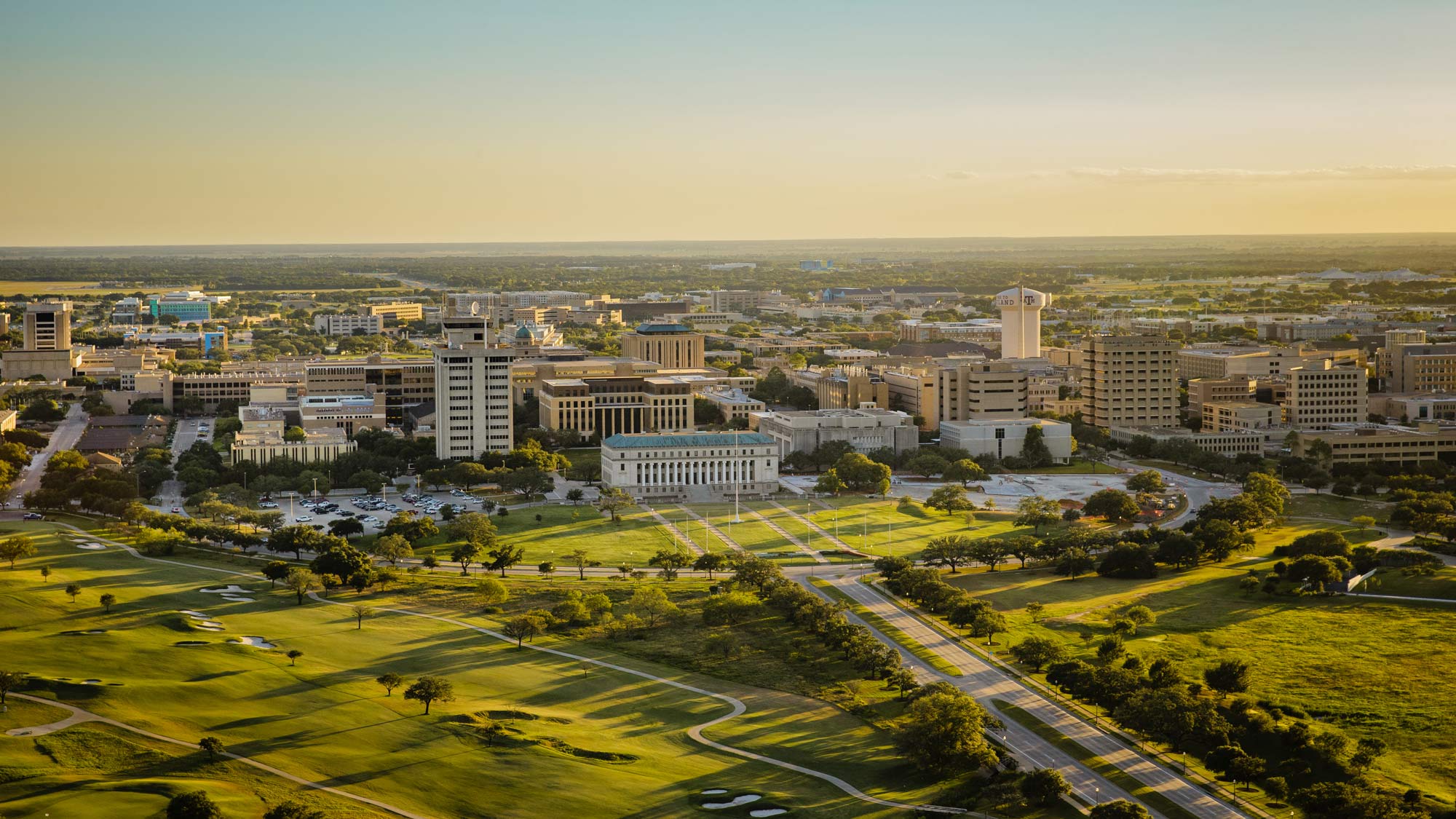
Science & Tech
Researchers are testing a virtual assistant that may help astronauts solve unexpected problems during space travel.
New research provides the first evidence of the use of browser fingerprints for online tracking.
Guac Is Extra, But Should It Be? Texas A&M Anthropologist Shows The Resilience Of Ancient Avocados
Jun 25, 2025 • 5 min. readTexas A&M anthropologist Dr. Heather B. Thakar uncovers the 11,000-year history of avocado domestication at El Gigante Rockshelter, revealing how ancient Hondurans shaped the evolution of this globally significant crop.
Growing Homes On Mars: Texas A&M Research Pioneers Autonomous Construction Using Synthetic Lichens
Jun 24, 2025 • 4 min. readNew self-growing technology could revolutionize Martian architecture by using living biomaterials to 3D print structures — without human intervention.
AI Medical Receptionist Modernizing Doctor Appointments, Poised To Improve Patient Care Nationwide
Jun 19, 2025 • 5 min. readTexas A&M teams with Humanate, an NVIDIA Inception company, to advance “Cassie,” which uses facial recognition for more human and empathetic interactions.
Singing Meets Science: Texas A&M Researchers ‘See Sound’ To Quiet Future Flights
Jun 17, 2025 • 4 min. readBy blending choral performance with aerospace engineering, a student-built acoustic imaging instrument helps researchers track sound with precision — a key step toward designing quieter airplanes.
Small Currents, Big Impact: Satellite Breakthrough Reveals Hidden Ocean Forces
May 27, 2025 • 5 min. readTexas A&M's Jinbo Wang and an international team use SWOT satellite data to uncover powerful submesoscale eddies, reshaping our understanding of ocean-climate dynamics.
The rare earth elements mined from discarded electronics could improve the U.S. supply chain.
Texas A&M professor uses artificial intelligence to transform the future of chemistry.
Texas A&M Hosts Inaugural AI Workshop For Science And Engineering
May 16, 2025 • 4 min. readThe first-ever Research in AI for Science and Engineering (RAISE) Workshop, held at the Zachry Engineering Education Complex, highlighted bold initiatives already in motion.
